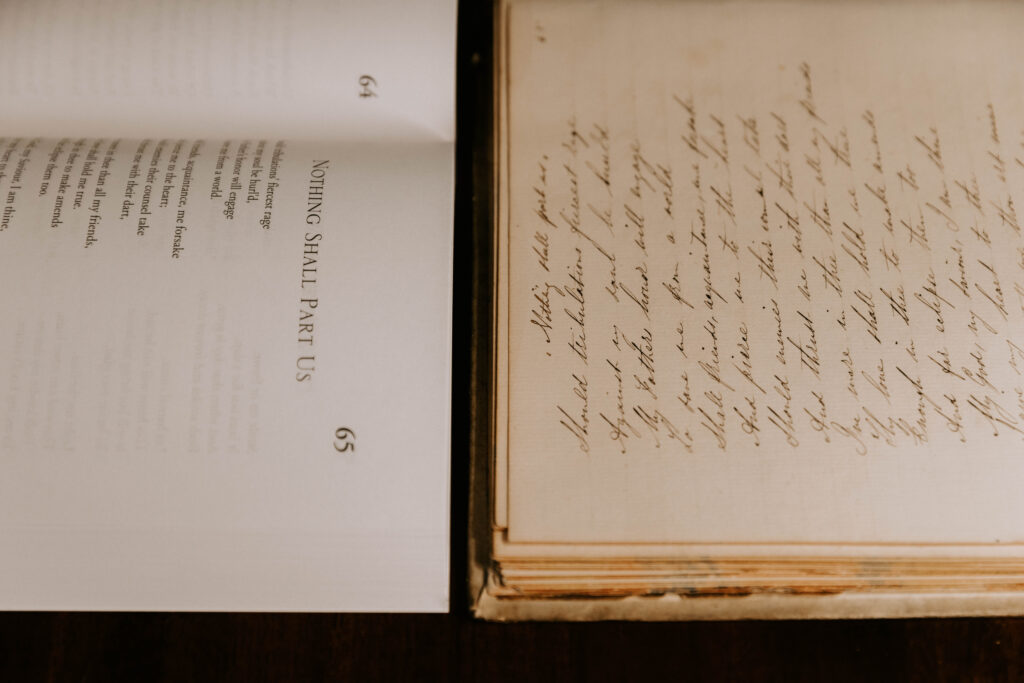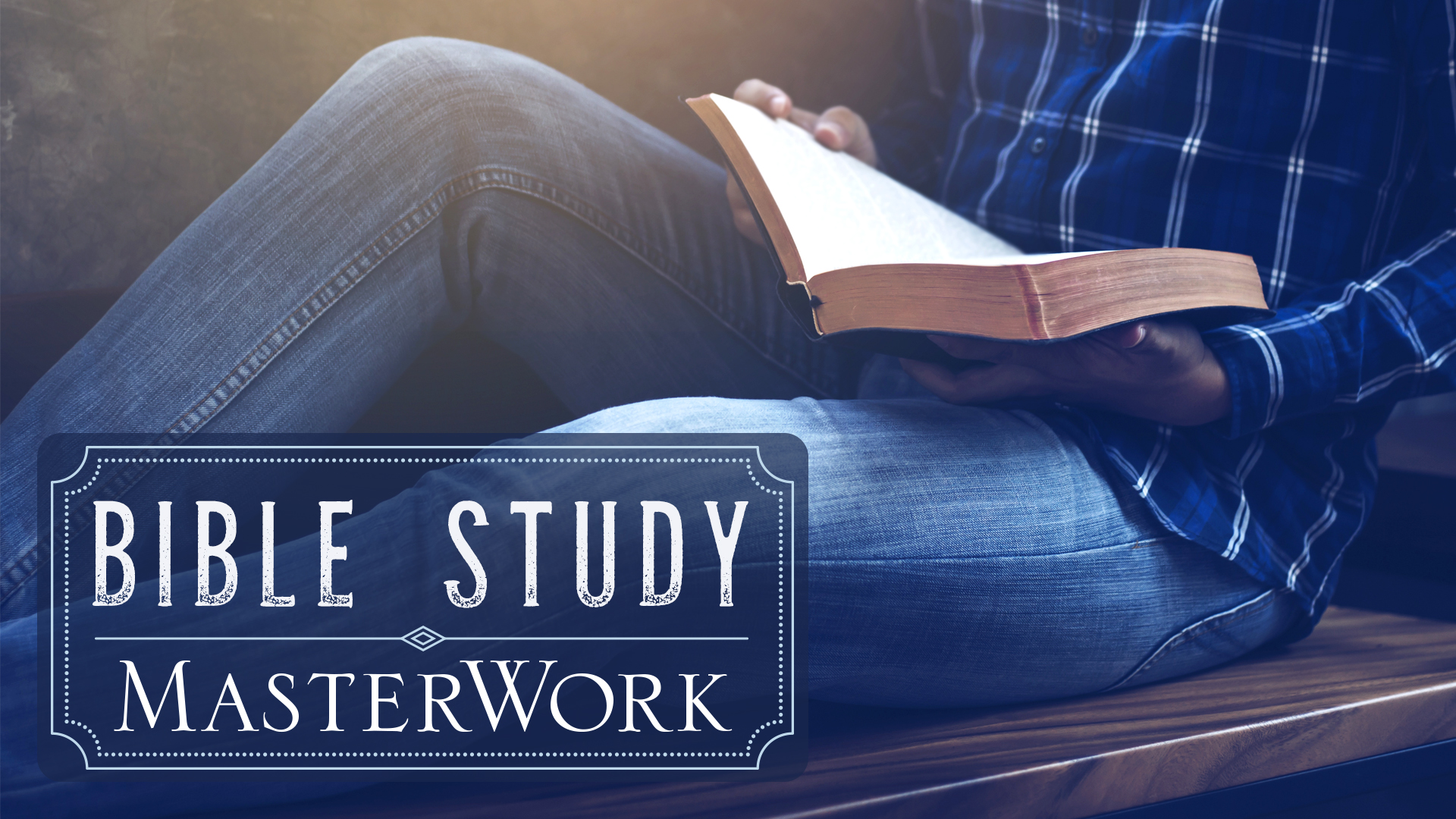
Editor’s Note: This article is taken from Christ Our All: Poems for the Christian Pilgrim and used by permission of B&H Academic. The book is now available everywhere Christian books are sold.
Spurgeon’s love of hymns began at a young age. Once, during a summer holiday, his grandmother offered him a penny for each Watts hymn he memorized. With his gifted mind, young Spurgeon memorized so many that his grandmother soon had to change her offer or risk financial ruin! The money earned was eventually spent, but his love of hymns remained with him for the rest of his life, becoming a part of his theological vocabulary. “No matter on what topic I am preaching,” he wrote, “I can even now, in the middle of any sermon, quote some verse of a hymn in harmony with the subject.”[1] As Spurgeon grew in his knowledge of hymns, his sermons would come to include not only Watts, but Toplady, Cowper, Wesley, and many other great hymn-writers of the Christian faith.
As the pastor of a church, Spurgeon sought to pass on his love of hymns to his congregants. In addition to preaching, he planned the liturgy for the gatherings of the church, including the selection of hymns. When he first arrived, there were two hymnbooks in the pews, one by Watts and the other by John Rippon. But watching people fumble with multiple books convinced Spurgeon that something had to change. So, in 1866, he compiled and published Our Own Hymn-Book, containing 1,130 psalms and hymns. As reflected in the title, Spurgeon’s concern was the church. This was not Spurgeon’s hymnbook; this was the church’s hymnbook. One of his top priorities was to pull together psalms and hymns that reflected the church’s doctrinal convictions. After all, Spurgeon understood that a church’s hymnbook was often the only book of theology most church members would ever read.
But even while Our Own Hymn-Book reflected Spurgeon’s Reformed and Baptist traditions, he also sought to introduce a wide variety of traditions, pulling together hymns from all of church history. He wrote:
The area of our researches has been as wide as the bounds of existing religious literature, American and British, Protestant and Romish; ancient and modern. Whatever may be thought of our taste we have used it without prejudice; and a good hymn has not been rejected because of the character of its author, or the heresies of the church in whose hymnal it first occurred; so long as the language and the spirit commended the hymn to our heart we included it, and believe that we have enriched our collection thereby.[2]
Thus, we see in Spurgeon’s collection of hymnbooks a wide variety of hymn writers: Scottish Presbyterians, English Baptists and Methodists, German Lutherans, Anglicans, medieval Catholics, and other nationalities and church traditions, ranging from the nineteenth century all the way back to the medieval and early church. From all these psalms and hymns, Spurgeon sought to bring out the ones that best reflected the historic faith of the apostles and the church’s doctrinal convictions. In his day, Our Own Hymn-Book was recognized as an achievement in Christian hymnody.[3]
But Spurgeon’s love of poetry extended beyond hymns. His library reveals that Spurgeon enjoyed just about every kind of poetry: ancient poetry, poems about nature, love poems, children’s rhymes, and many others. Most of all, however, Spurgeon loved poems about God and the Christian life. Preaching in 1855, Spurgeon declared, “Much as I respect the genius of Pope, or Dryden, or Burns, give me the simple lines of Cowper, that God has owned in bringing souls to Him.”[4] William Cowper was indeed one of Spurgeon’s favorite poets. He usually included Cowper’s famous hymn whenever he signed autograph albums, “E’er since by faith I saw the stream . . .”[5] Fittingly, these lines are etched on his tombstone.
Another poet he loved was John Bunyan. Throughout his life, he read, “at least a hundred times,” The Pilgrim’s Progress, “that sweetest of all prose poems,” which shaped his vision for the Christian life.[6] What he loved most about it was simply how much Bible was in it.[7] Bunyan brought together Spurgeon’s love of Scripture with his love of poetry.
Yet another of his favorite poets was George Herbert. Herbert was a source of refreshment for Spurgeon, especially after a long day of ministry.[8] His wife, Susannah, recounted:
It is the Sabbath, and the day’s work is done. The dear preacher has had a light repast, and now rests in his easy chair by a bright fire, while, on a low cushion at his feet, sits his wife, eager to minister in some way to her beloved’s comfort. “Shall I read to you to-night, dear?” she says; for the excitement and labor of the Sabbath services sorely try him, and his mind needs some calm and soothing influence to set it at rest. “Will you have a page or two of good George Herbert?” “Yes, that will be very refreshing, wifey; I shall like that.” So the book is procured, and he chooses a portion which I read slowly and with many pauses, that he may interpret to me the sweet mysteries hidden within the gracious words. Perhaps his enjoyment of the book is all the greater that he has thus to explain and open out to me the precious truths enwrapped in Herbert’s quaint verse;—anyhow, the time is delightfully spent. I read on and on for an hour or more, till the peace of Heaven flows into our souls, and the tired servant of the King of kings loses his sense of fatigue, and rejoices after his toil.[9]
For Spurgeon, poetry was about more than just entertainment. It gave him the perspective of a Christian pilgrim. It provided spiritual nourishment for his tired soul. And it strengthened him with a renewed joy in God for the week ahead.
Thou Art My All (by C. H. Spurgeon)
Dear Lord, in thee I view my all,
And lovely is thy name.
For though on earth I slip or fall,
Thy love remains the same.
Each day reminds me I am weak
To stand against my foes;
And, but that I thy help may seek,
I’d fall beneath my woes.
But thou hast said my strength shall be
According to my day.
Thy promise has been kept to me,
And still will be I pray.
For what are we if left to roam
In life’s deceitful way?
Yet farther off, not nearer home,
Our feet are prone to stray.
Then never have us Lord to tread
This world without a guide.
And never let the tempter lead
Thine erring sheep aside.
“I will not leave, nor yet forsake
My people here below;
Until in glory they shall wake
And purer regions know.”
For further reflection: Deuteronomy 33:25–27
__________
[1] Autobiography 1:43–44.
[2] OOH, vi–vii.
[3] For an appreciative nineteenth-century analysis of Spurgeon’s contribution to Christian hymnody, see Josiah Miller, Singers and Songs of the Church: Being Biographical Sketches of the Hymn-Writers in All the Principal Collections: with Notes on their Psalms and Hymns (London: Longmans, Green, 1869), 580–81.
[4] NPSP 1:344.
[5] Hayden, Highlights, 101.
[6] MTP 45:495.
[7] “Next to the Bible, the book I value most is John Bunyan’s ‘Pilgrim’s Progress.’ I believe I have read it through at least a hundred times. It is a volume of which I never seem to tire; and the secret of its freshness is that it is so largely compiled from the Scriptures. It is really Biblical teaching put into the form of a simple yet very striking allegory.” C. H. Spurgeon, Pictures from Pilgrim’s Progress: A Commentary on Portions of John Bunyan’s Immortal Allegory with Prefatory Notes by Thomas Spurgeon (Pasadena, TX: Pilgrim Publications, 1992), 11.
[8] “Frequently, when I return home from chapel on the Sabbath evening, I get down George Herbert’s book of songs; and when I see how much he loved the Lord, it seems to me as if he had struck upon his harp the very notes that he had heard in Paradise, and sung them all again.” MTP 46:106.
[9] Autobiography 2:185–86.














